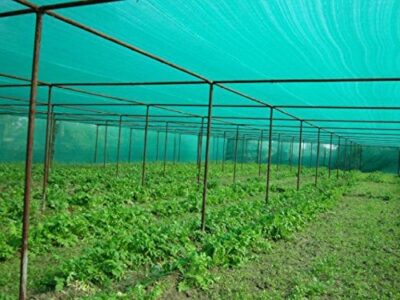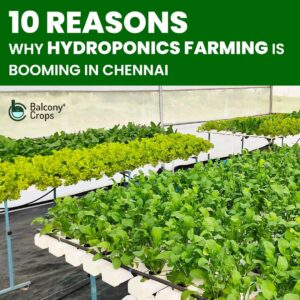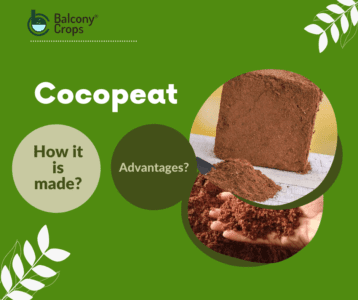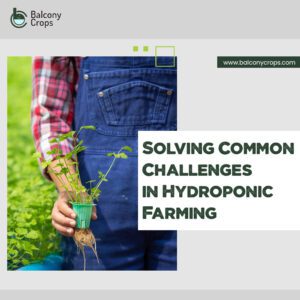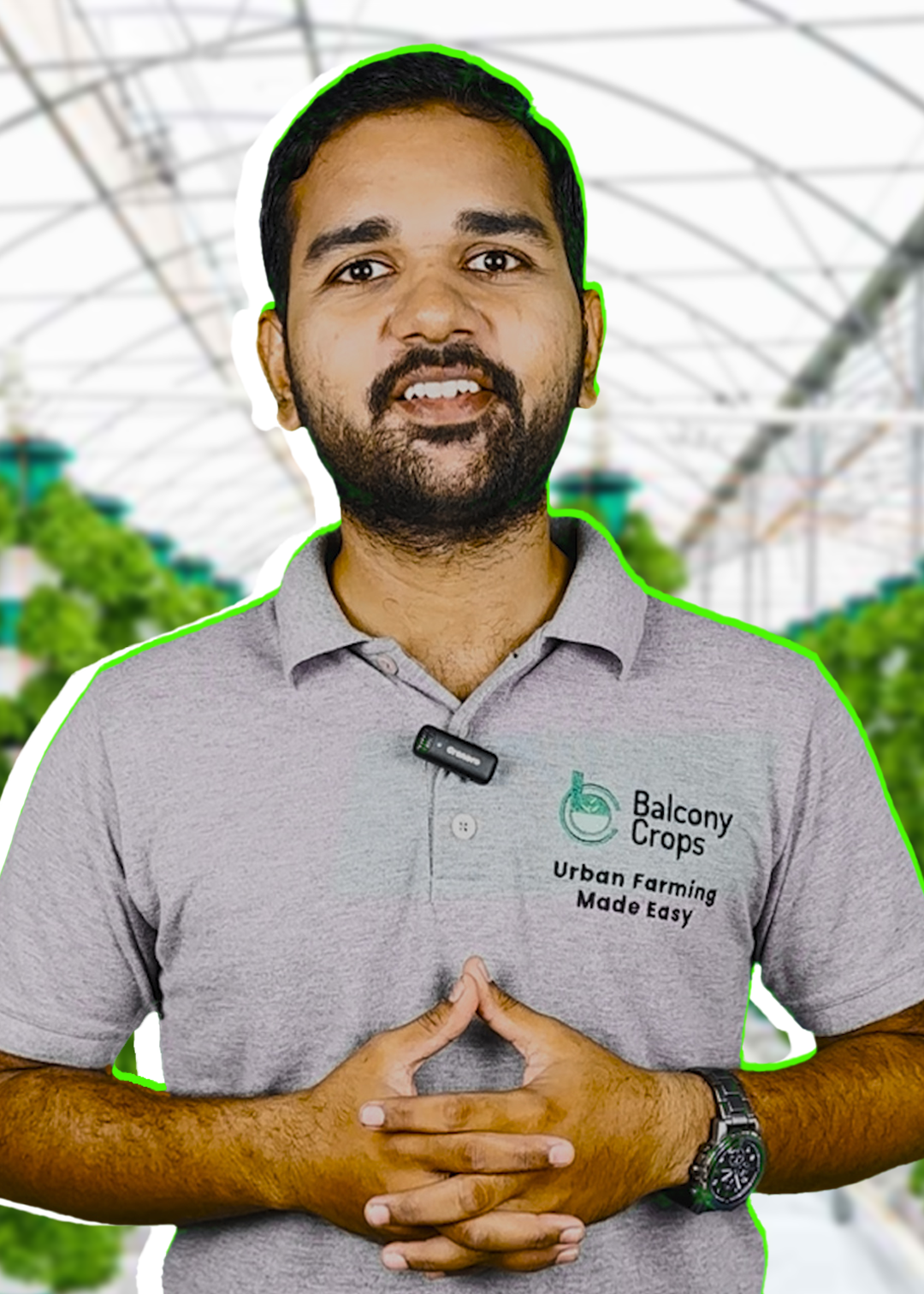Are you interested in hydroponic farming but wondering if it’s worth the investment? In this article, we’ll explore the pros and cons of hydroponic farming, including the advantages and disadvantages, and the benefits of this innovative gardening method.
Table of Contents
What is Hydroponic Farming?
Hydroponic farming is a technique that involves growing plants in nutrient-rich water, instead of soil. It uses hydroponic systems that allow plants to grow with minimal water, and the nutrients are provided to the plants through the water. This innovative method of gardening has become increasingly popular due to the many advantages it offers.

Pros of Hydroponic Farming
Higher Yields:
Plants grown in hydroponic systems tend to have higher yields, compared to plants grown in soil. This is because the nutrient solutions provided to the plants are tailored to their specific needs, resulting in healthier and stronger plants that produce more fruit and vegetables.
Nutrient Solutions:
In hydroponic farming, nutrient solutions are added to the water to provide plants with the necessary nutrients they need to grow. This ensures that plants receive the right amount of nutrients, which can be difficult to achieve in traditional soil-based farming.
Constant Monitoring:
Hydroponic systems allow for constant monitoring of the plants, including their nutrient intake and overall health. This enables growers to detect problems early on and make adjustments to the system as needed.
Efficient Use of Space:
Hydroponic systems can be set up in small spaces, making it ideal for urban environments where space is limited. This makes it a great option for Indian graduates who are interested in gardening but may not have access to large plots of land.
Cons of Hydroponic Farming
Initial Investment:
Setting up a hydroponic system requires an initial investment that can be more expensive than traditional soil-based farming. However, over time, the cost can be offset by the higher yields and lower water usage.
Complex Systems:
Hydroponic systems can be complex and require a certain level of expertise to set up and maintain. This can be challenging for new gardeners who may not be familiar with the system.
Water and Nutrient Management:
The water and nutrient levels in hydroponic systems need to be constantly monitored and adjusted. This can be time-consuming and requires attention to detail to ensure that plants receive the right amount of water and nutrients.
Plants Root Rot:
In hydroponic systems, plants are more susceptible to root rot if the water is not properly oxygenated or if the nutrient levels are not balanced. This can be prevented with proper management and monitoring of the system.
Advantages of Hydroponic Farming
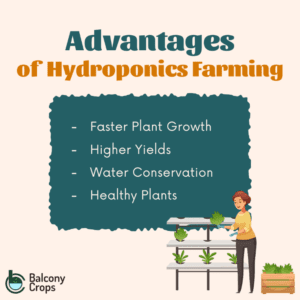
Faster Plant Growth:
Plants grown in hydroponic systems have shown to grow at a faster rate than those grown in soil. This is because the nutrient solutions that are provided to the plants are already dissolved in water and easily accessible. In addition, hydroponic systems allow for constant monitoring of water and nutrient levels, ensuring that the plants receive the exact amount they need for optimal growth.
Higher Yields:
Hydroponic systems can produce higher yields than traditional soil-based farming methods. This is because the plants receive a constant supply of water and nutrients. In addition, the controlled environment of hydroponic systems allows for better management of pests and diseases, further improving crop yield.
Water Conservation:
Hydroponic systems use up to 90% less water than traditional soil-based farming methods. This is because the water used in hydroponic systems is recycled and reused, rather than being lost through evaporation or drainage. In addition, the nutrient solutions used in hydroponic systems are tailored to the specific needs of the plants, so there is minimal waste.
Healthy Plants:
Hydroponic systems provide plants with a clean, disease-free environment to grow in. This reduces the need for pesticides and other harmful chemicals, resulting in healthier plants and a safer end product for consumption.
Disadvantages of Hydroponic Farming
Cost:
Hydroponic systems can be expensive to set up and maintain. The equipment needed, such as pumps, grow lights, and nutrient solutions, can add up quickly. In addition, hydroponic systems require constant monitoring and maintenance to ensure that the plants are receiving the correct levels of water and nutrients.
Technical Knowledge:
Hydroponic systems require a certain level of technical knowledge to set up and maintain. This includes knowledge of nutrient solutions, pH levels, and water management. While there are resources available to learn about hydroponic farming, it may not be suitable for those without a background in agriculture or horticulture.
Power Outages:
Hydroponic systems require a constant supply of electricity to operate. Power outages can cause damage to plants, especially if they occur for an extended period of time.
Hydroponic farming has several advantages over traditional soil-based farming methods, including faster plant growth, higher yields, water conservation, and healthier plants. However, there are also disadvantages, such as the cost of equipment and technical knowledge required to maintain the system. Despite these challenges, hydroponic farming has the potential to be a sustainable and efficient method of agriculture in the future.




